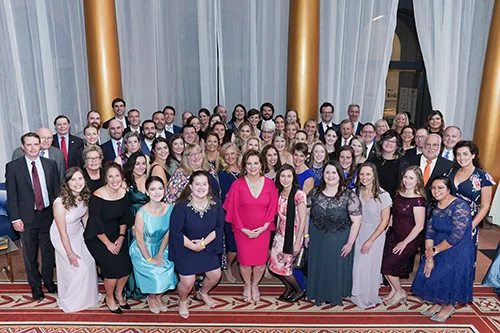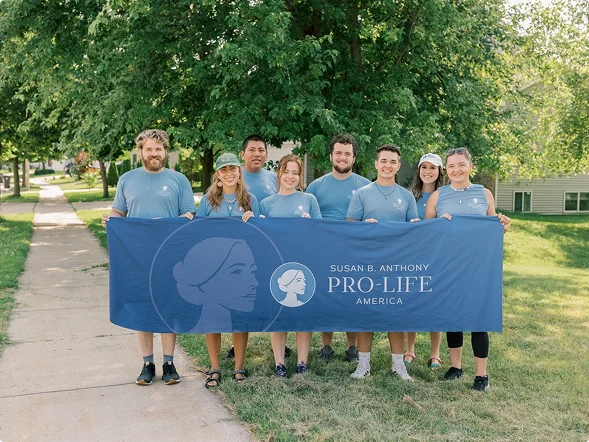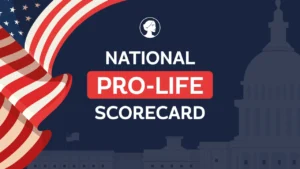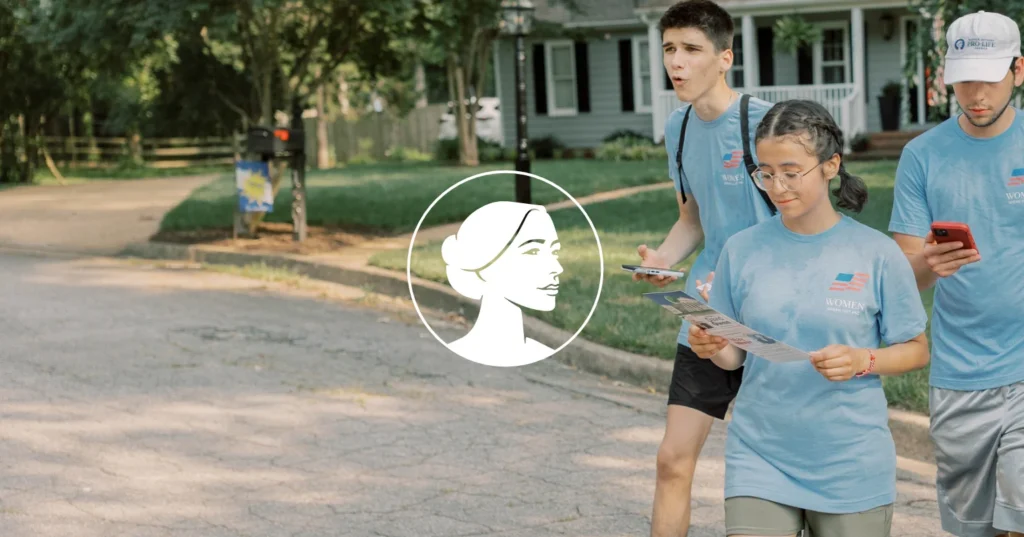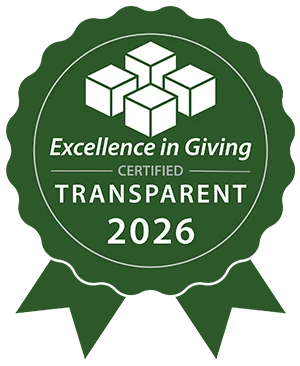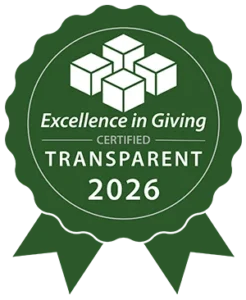Abortion Drug Deception: Planned Parenthood Said Her Baby Was a “Blob of Tissue”

Back in 2005, Leslie Wolbert began to wonder if she was pregnant. She had missed a period and had started to feel different than she normally did. The only place she could think of going was her local Planned Parenthood, where she had been before to get a birth control prescription. She only intended to find out if she was pregnant and what her options were if she was.
After confirming Leslie was pregnant, a staff member asked her what she planned to do. Leslie, still shocked by the news, had not thought that far ahead. The staff member suggested that she could have an abortion, but Leslie told her that she was not comfortable with a surgical abortion. 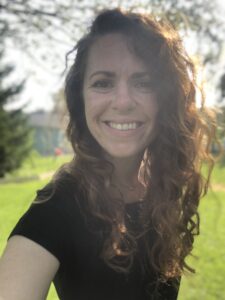
The staff member, in response, then told her about a new abortion drug that had come on the market, saying it was nothing like the surgical abortion procedure. All Leslie would have to do, she said, is take the drugs in the comfort of her home, and she would not have to deal with recovering from surgery.
“The way the abortion pill was presented to me made me feel like it wasn’t actually an abortion,” Leslie stated.
The staff member told her that she would need to decide quickly since she could only take the drugs up to ten weeks. “I remember the whole time feeling so rushed,” Leslie recalls. “It was so odd how it progressed from me walking in, just wondering if I was pregnant, to leaving with an abortion pill appointment.”
Leslie and her boyfriend ultimately went to the abortion appointment, yet her boyfriend was not allowed to go back with her for any part of it, including the counseling session. She was offered an ultrasound but told that all she would see was a “blob of tissue” and that it would be “like a blood clot, nothing.”
Leslie was quickly moved between a series of different rooms until she was in a room full of staff dressed in medical attire. A doctor put the first drug in front of her.
“I remember telling them over and over that I was so scared,” Leslie recalls. “Yet none of them offered any comfort and I could sense that they were very annoyed with me. I remember feeling like I needed to hurry.”
Leslie was told that once she took the first drug it could not be reversed, and she would have to take the next one, or she would have a baby who was deformed. Leslie was never told that there was a chance she could be harmed by the drugs or that she could have complications.
She was given a number to call if she had any issues and told all she would experience was a “heavy period.”
When it came time to take the next drug, Leslie had a strong feeling that she had made a mistake and did not want to go through with it, but all she could think about was the woman from the abortion center telling her that she had to continue.
She took the next drug while sitting alone on the floor of a motel bathroom, sobbing.
It was not until the next day when Leslie got back to her house that she began to experience cramping. Leslie’s blood sugar dropped, and she felt like she was going to faint. She recalls that the details of what happened after blurred together, and the pain she experienced was so intense that she felt delirious amid her screams.
Leslie was completely alone and terrified that she would die.
In the chaos, she called the number that Planned Parenthood gave her. She explained to the woman who picked up that she had never experienced pain or bleeding like this. The woman asked her if she had seen “a tennis ball sized clot” yet and Leslie said she had not.
The woman told her that this was normal. Leslie, however, knew that what she was experiencing was far from normal and not at all what she had been told to expect. She kept telling the woman over and over, “No, no, something is wrong.”
All Leslie wanted was for the experience to be over.
Once the bleeding had subsided enough, Leslie was able to take a shower. Bloody water began to pool around her feet, and she looked down to see the “tennis ball size clot” described to her on the phone, clogging the drain. All Leslie could think to do was to scoop it up and flush it down the toilet.
It was not until a while later that she realized the “tennis ball sized clot” was the body of her baby.
Leslie never went to her follow-up appointment and no one from Planned Parenthood called to check on her and make sure she was okay. “They never cared about me,” Leslie said.
For a long time after this experience, Leslie did not want to be in her home alone. At the time, she was working as a waitress and when patrons would come in with a stroller or an infant, she would feel physical pain. When she saw mothers holding their babies, she would feel a deep longing and desire to experience that herself but was plagued with feelings of shame and guilt.
Years later, Leslie suffered two unexplainable miscarriages. “It didn’t make sense,” Leslie recalls. “I was healthy, there was no reason I experienced back-to-back miscarriages. I was left wondering if maybe the abortion pills were the cause.”
Leslie felt she was left unprepared to deal with the emotional, psychological, and physical effects of the abortion. “I made the choice to take the pills,” Leslie says, “but it was a choice I never would have made had I known the truth of the trauma and pain I would experience.”
Add Your Name to Say You Stand for LIFE
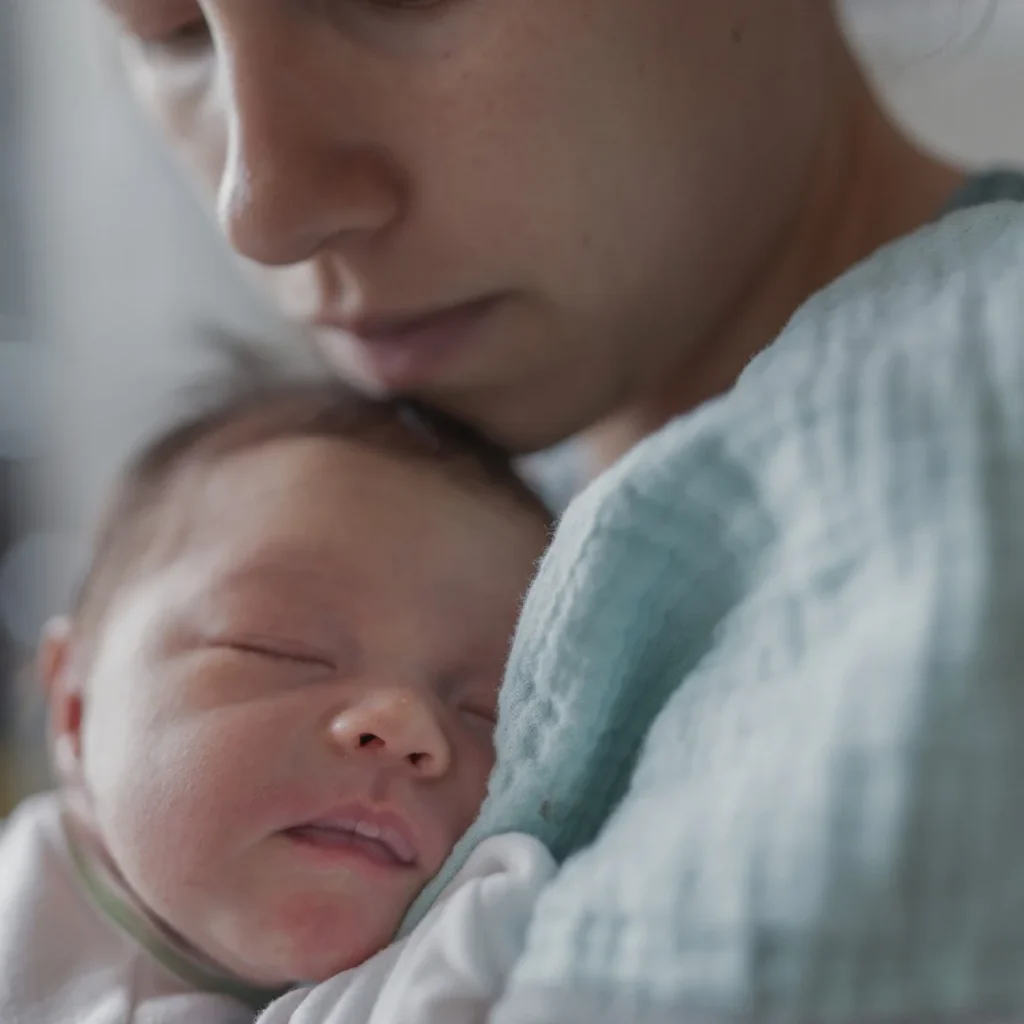
When the U.S. Supreme Court overturned Roe v. Wade, our movement was given a historic opportunity. But the battle for life became much more difficult.
Add your name with thousands of others who are committed to protecting mothers the right to life for innocent unborn children.
Add My Name